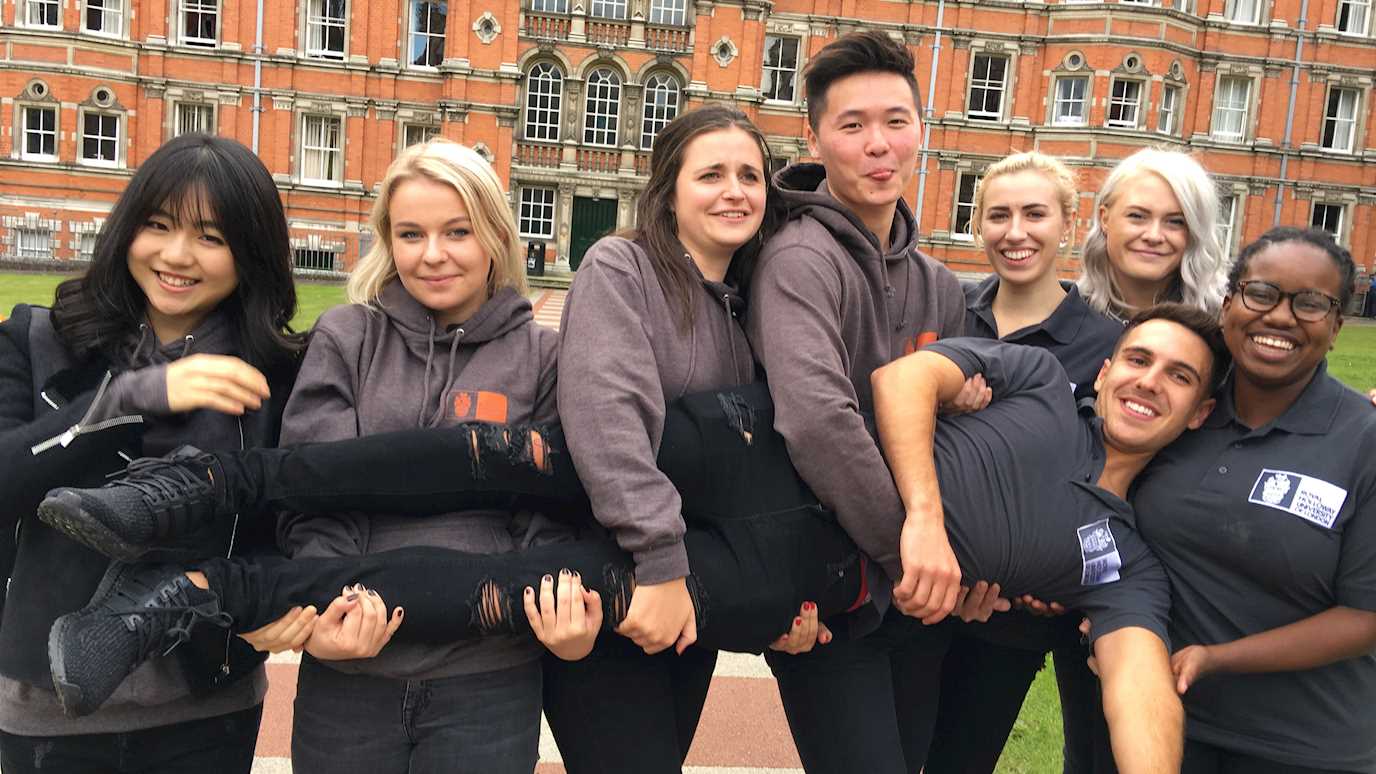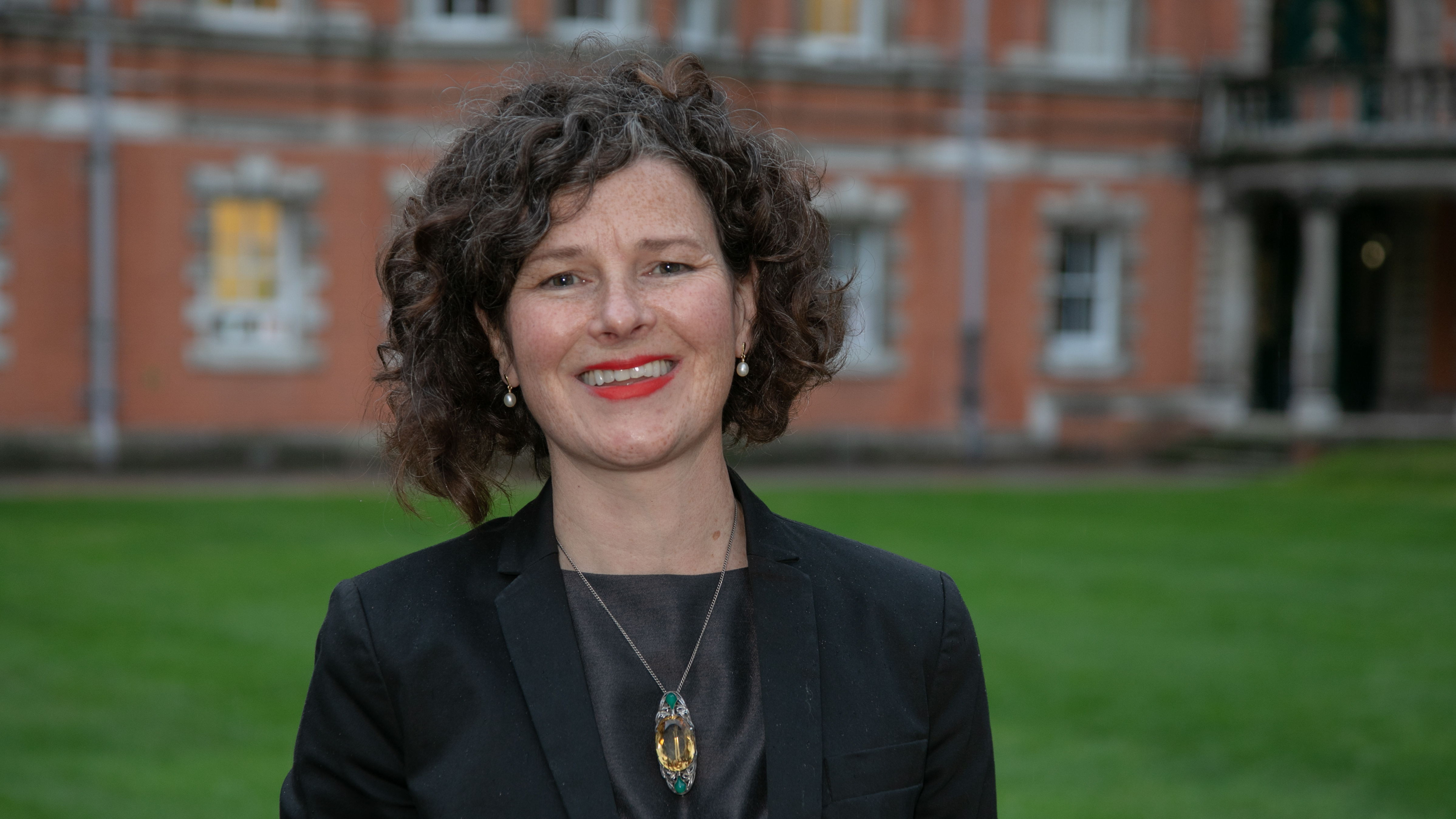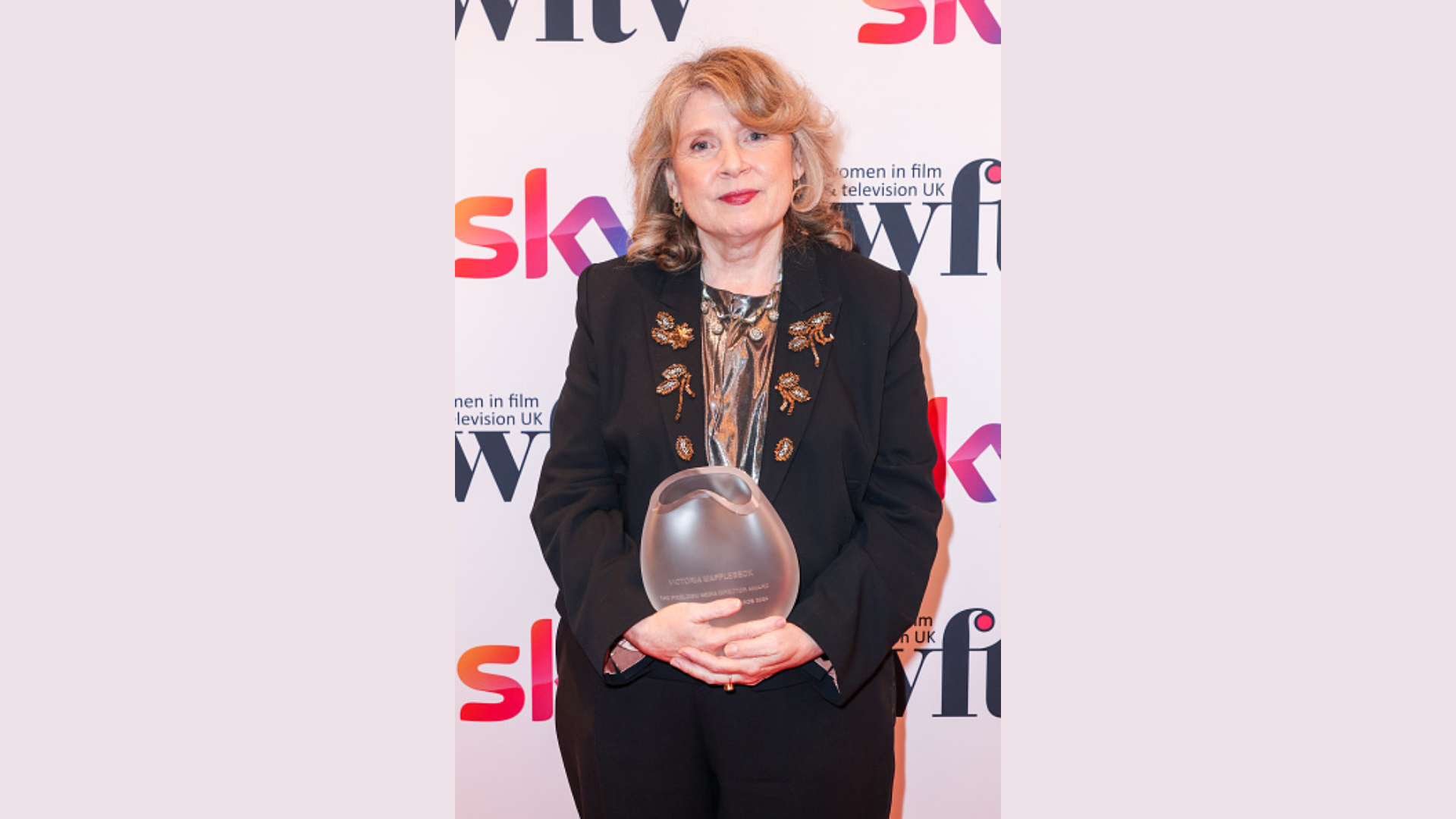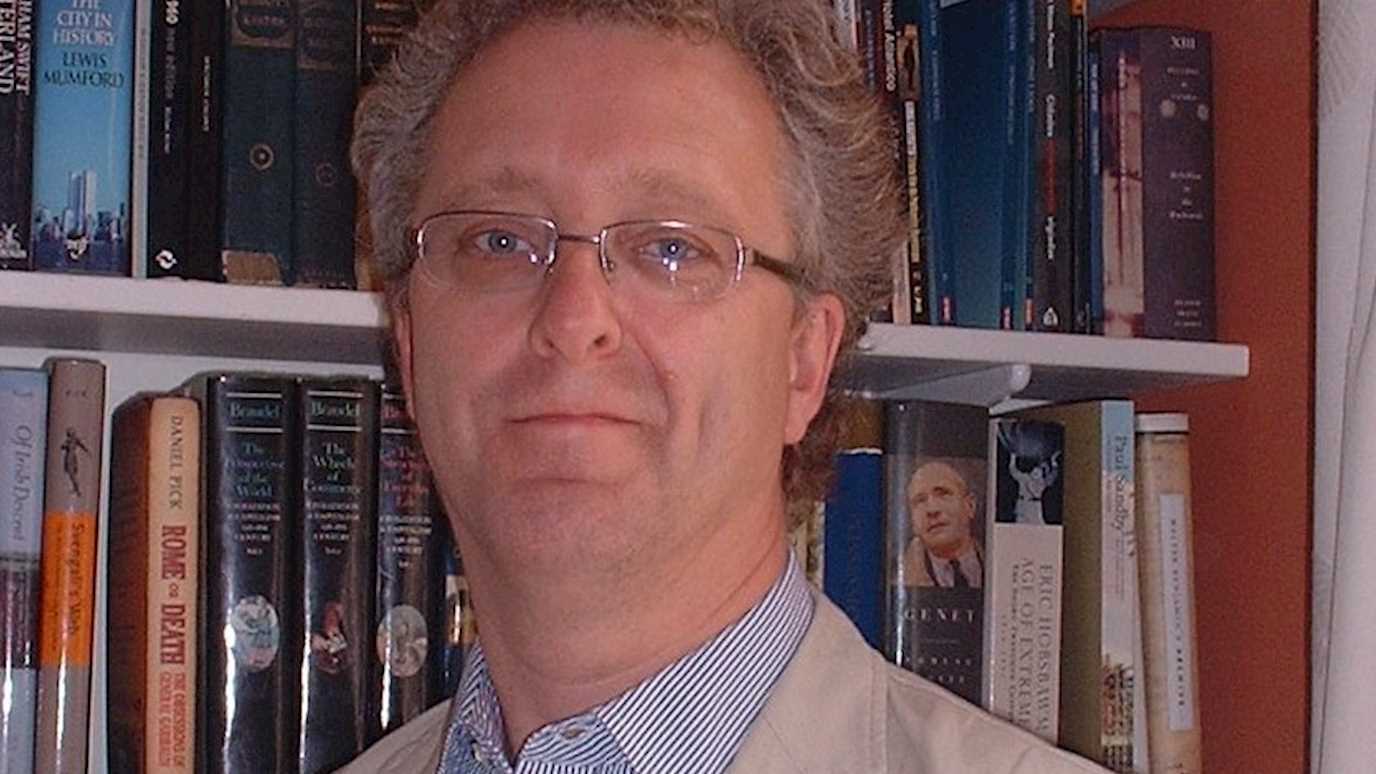Increasing numbers of people are searching for ways to slow down their fast paced consumer lives by turning to slower forms of consumption, such as using limited holiday time to walk ancient pilgrimage routes, research by Royal Holloway, University of London, has found.
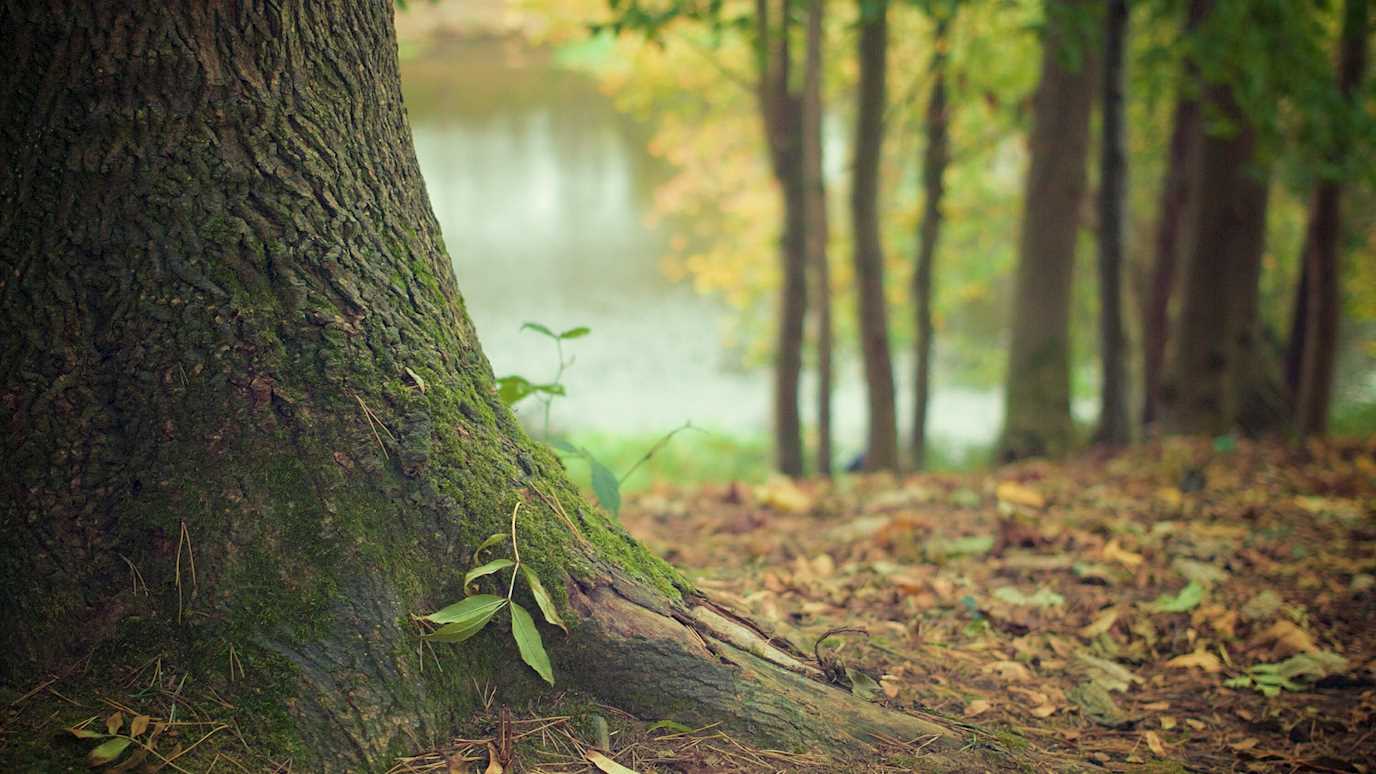
The desire to take things at a more leisurely pace is giving rise to new social phenomena such as slow food, slow travel, slow city movements and tech-detoxes, all which will have an impact on business and public policy.
Professor Giana Eckhardt and Dr Katharina Husemann, academics in marketing from Royal Holloway’s School of Management, Centre for Research into Sustainability, joined pilgrims on the Camino De Santiago pilgrimage, in Spain, to see first-hand the effect living at a slower pace had on people.
Their work, Consumer Deceleration, has been published in the Journal of Consumer Research
Professor Eckhardt said: “People are increasingly seeking out opportunities to escape from a sped-up pace of life in which they feel time-poor and unable to keep up with the unending stream of responsibilities such as work deadlines.
“We explored this by studying pilgrims walking the Camino de Santiago. This has led to us identifying the concept of consumer deceleration. This is the perception of slowing down time by altering, adopting or avoiding certain forms of consumption.”
“Consumer deceleration has implications for understanding these new phenomena and what impact they will have on our lives and the way society is organised.”
Dr Husemann said: “We discovered that walking the Camino resulted in people being able to slow down how they consume things from technology to food. We identified three ways in which this deceleration occurred.”
- Embodied deceleration: Physically slowing down the body by walking rather than using faster forms of transport
- Technological deceleration: Controlling the use of technology by engaging only in outward communication with people from home and focussing on face-to-face communication with fellow pilgrims
- Episodic deceleration: engaging in only a few activities each day, such as walking and eating. Reducing the amount of consumption choices which need to be made.
Dr Husemann added: “This results in people feeling as if time is passing more slowly and being an abundant resource. But all three elements have to be in place for people to feel the full benefit. Taking a beach holiday and going for long walks, but still checking your emails, or meditating for three minutes using a mindfulness app is not decelerating. You are not escaping the ghetto of social acceleration.
“This desire for oases has implications for public policy and businesses, as it suggests that spaces that can be used as oases should be actively created and designed to facilitate consumer deceleration in daily life,” said Dr Husemann.
The researchers point to the Cittaslow, (Slow City) movement as an example of places where this is happening. Inspired by the slow food movement, Cittaslow promotes improving the quality of life in towns by slowing down the overall pace, especially in a city’s use of spaces and the flow of traffic.
Professor Eckhardt said: “We suggest that deceleration is becoming a new status symbol. People are overworked and time-poor, and only a fortunate few can afford to escape to oases of deceleration, making them the status symbols of tomorrow.”










